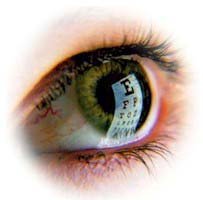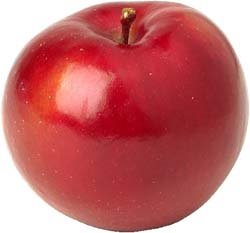Understanding High Blood Pressure
Even people who know nothing else about health have a fairly good idea that high blood pressure is a problem. But they may have absolutely no idea what the term “blood pressure” means, or what to do to prevent theirs from becoming elevated..
The concept of blood pressure is a fairly simple one. The blood being pumped away from your heart travels through a network of arteries, which are largest at the heart and gradually get smaller as they spread throughout your body. By the time your blood reaches your organs and other tissues, it is being delivered through extremely small capillaries.
What Is Blood Pressure?
Your blood circulation is controlled in part by neural messages which tell your arteries to expand or contract, pumping the blood along. If your arteries are expanding properly, and not blocked in any way, your blood will have smooth sailing. But if your arteries do not expand as much as they should, or have interior blockages, the pressure from your blood passing through them will increase. You’ll be on your way to high blood pressure.
Your heart will have to work harder to send your blood out to feed the rest of your body; you may experience arterial damage; and if the arteries feeding you kidneys and brain are affected, then you kidneys and brain may be affected as well. Your body can withstand high blood pressure for a very long time without showing any ill effects; but if left untreated, high blood pressure can lead to heart failure, heart attacks, stroke, or kidney failure.
Because people can go for years without knowing they suffer from high blood pressure, it has been dubbed “the silent killer.” And more than 90% of the time, the cause of high blood pressure remains a mystery; research is ongoing to find factors common to the millions who develop it.
How to Avoid High Blood Pressure
You can take steps to prevent high blood pressure if you don’t have it, and to reduce it if you do. Cut back on you salt intake, and load up on the fresh fruits and vegetables and low-fat dairy products. You’re striving for a diet which will reduce your consumption of fats and cholesterol, while providing plenty of calcium, potassium, magnesium, and protein. If you need to lose weight, watch the calories as well; obesity can contribute to high blood pressure.
You can also find more info on Blood Pressure Treatment and High Blood Pressure Diet. Lower-highbloodpressure.com is a comprehensive resource to known more about low and hgh blood pressure.




No comments:
Post a Comment